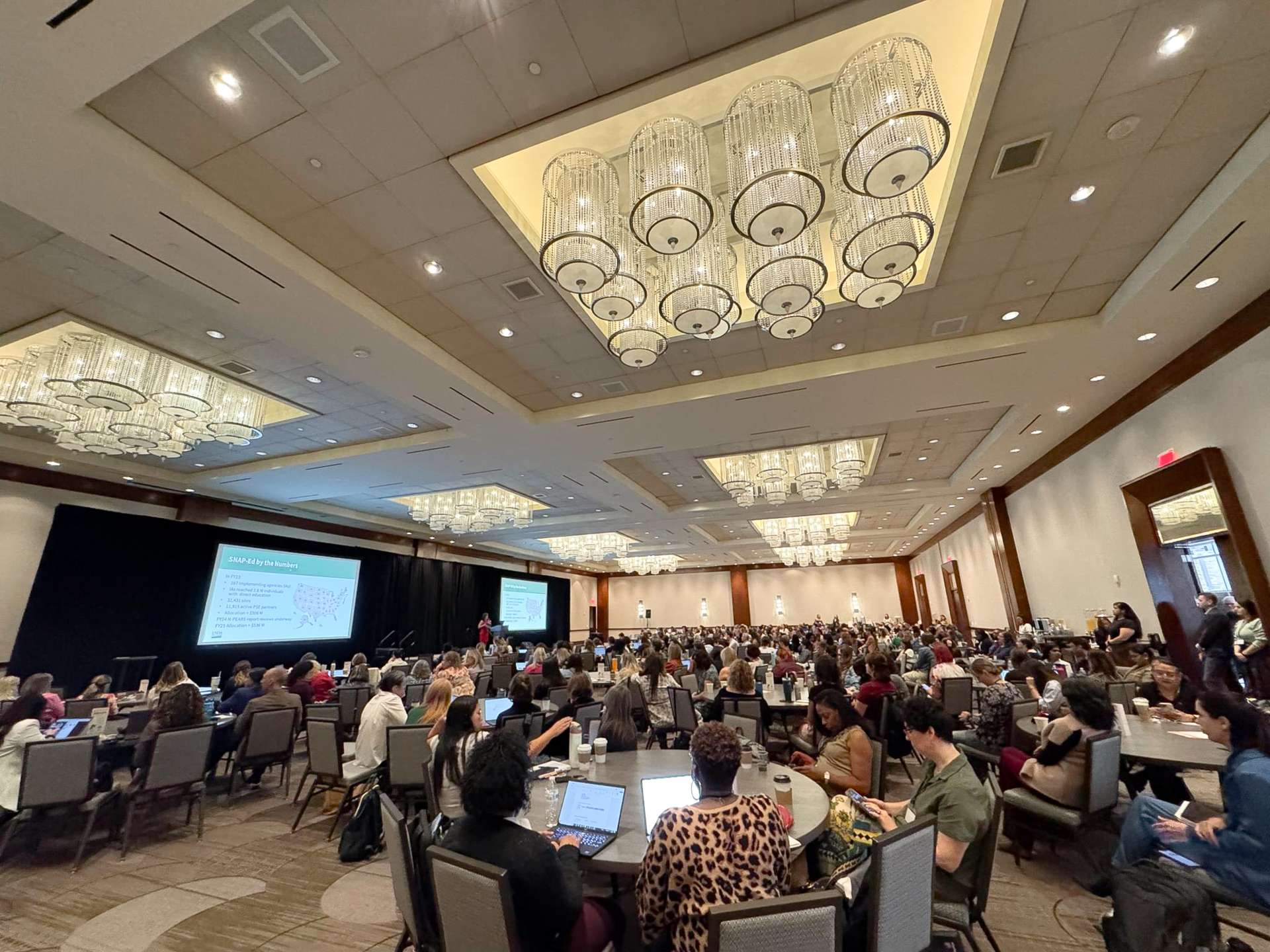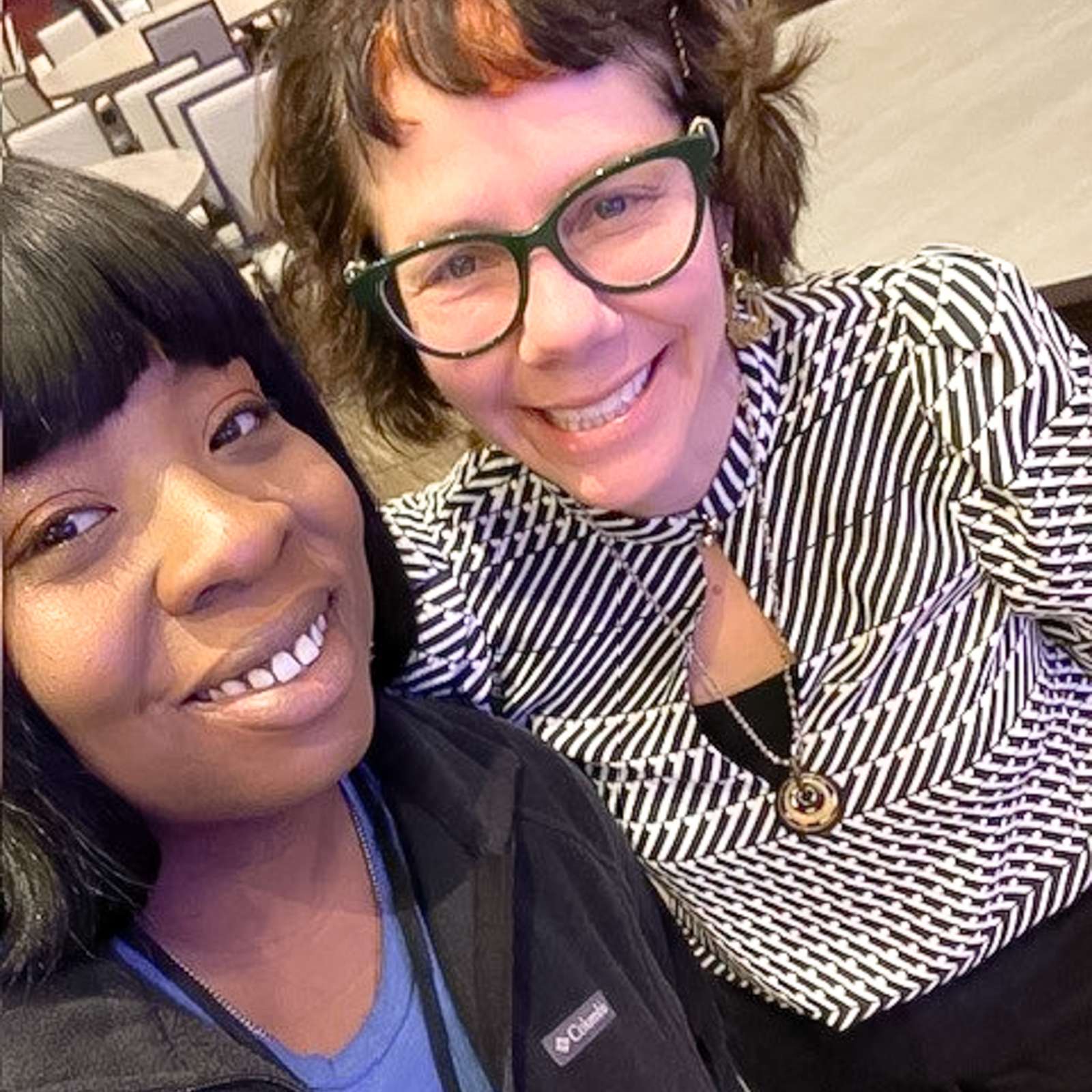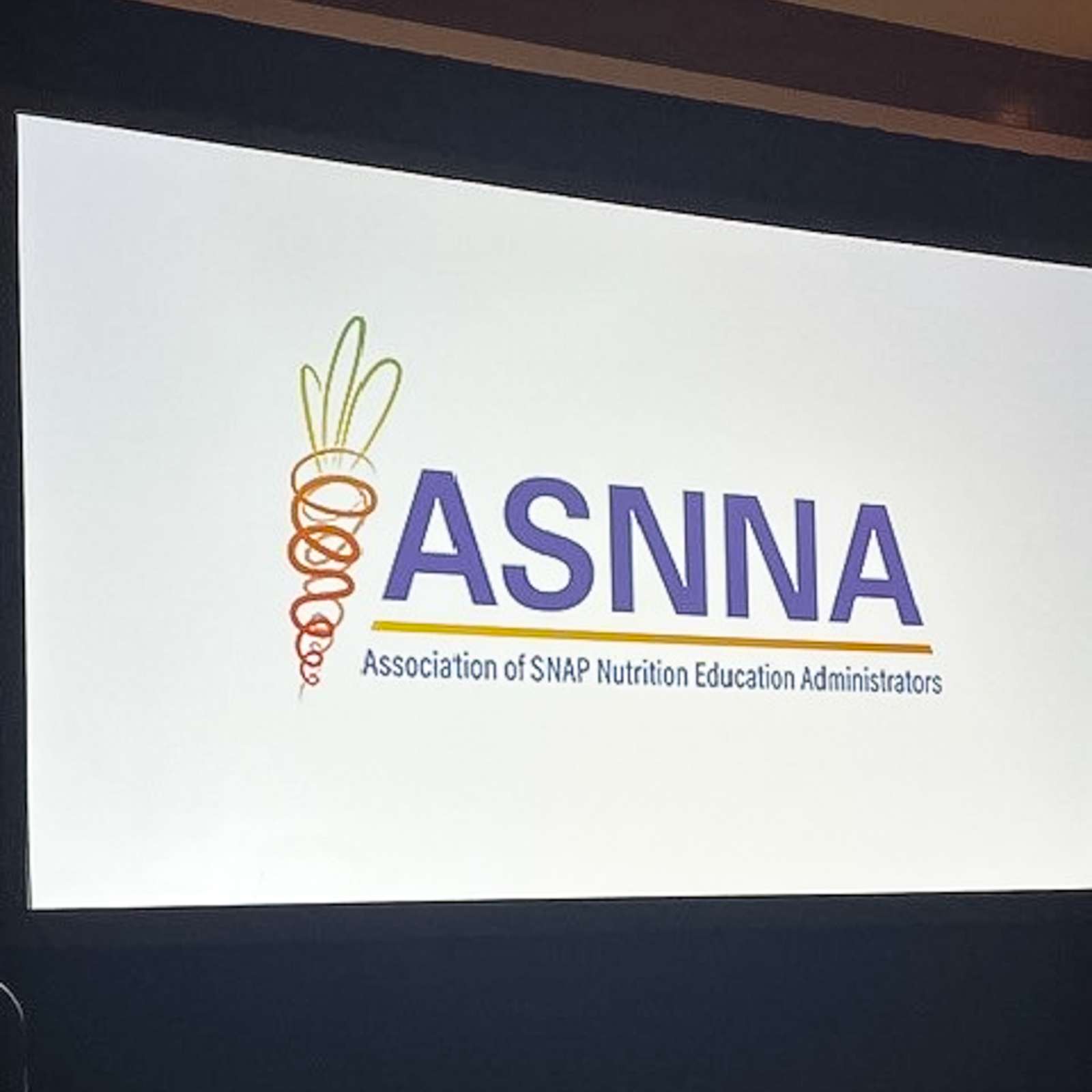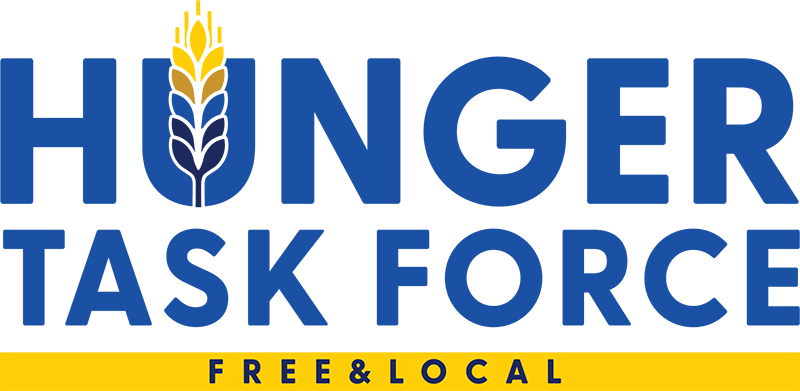Our Community Nutrition Manager’s Reflections from the 2025 Association of SNAP Nutrition Administrators (ASNNA) Conference

Written by Carmen Baldwin, NDTR, Hunger Task Force Community Nutrition Manager.
————————
During the first week of February, I had the privilege of attending the ASNNA Conference Las Vegas, Nevada. Attendees included USDA staff, state implementing agencies and local anti-hunger organizations like Hunger Task Force. At the conference, I fostered connections, cultivated learning and helped drive meaningful change.
The ASNNA Conference provided invaluable insights that directly apply to Hunger Task Force’s Supplemental Nutrition Assistance Program-Education (SNAP-Ed) curriculum.
Key Takeaways
The ASNNA Conference provided invaluable insights that directly apply to Hunger Task Force’s Supplemental Nutrition Assistance Program-Education curricula (SNAP-Ed). A central theme that resonated with me was the importance of cultivating hope within the SNAP community. Hope serves as a foundation for resilience during challenging times. Additionally, building strong partnerships is essential for ensuring SNAP-Ed’s sustainability and reinforcing a community-centered approach to nutrition education.
A key focus of the conference was on Policy, Systems, and Environmental (PSE) change, which is a core concept in the SNAP-Ed framework. PSE change aims to create environments where individuals receiving SNAP benefits can make healthy choices more easily by removing barriers such as food deserts and limited capabilities to purchase fresh and nutritious food amidst inflation. The close-knit workshops that were offered at the conference gave attends tools and strategies to help alleviate these barriers in our communities. I walked away with a better focus on how to create an impactful PSE change at Hunger Task Force — community food sampling and affordable recipe sharing at easily acceptable community sites.
The conference also reaffirmed why we do this work — to empower individuals with the knowledge and resources to make informed health decisions. It reinforced the need for intentional, impactful action and highlighted the power of collaboration both locally and nationally.
Looking Ahead
One of the most valuable aspects of the conference was the opportunity to connect with other anti-hunger agencies including Connecticut and Nevada University Extensions and the Wisconsin Department of Health Services. Whether seeking advice on launching new initiatives or refining existing ones, these collaborations will enhance Hunger Task Force’s ability to serve our community effectively.
The insights gained from ASNNA will directly shape our work at Hunger Task Force from strengthening SNAP-Ed initiatives to implementing impactful PSE changes and tailoring nutrition education to meet the evolving needs of our communities. As we move through 2025, I am confident that Hunger Task Force will be even better equipped to make a lasting impact on the communities we serve.


Hunger Task Force is Milwaukee’s Free & Local food bank and Wisconsin’s anti-hunger leader. The organization’s core values are Dignity, Justice, Equity, Compassion and Stewardship. Hunger Task Force feeds people today by providing healthy and culturally appropriate food to hungry children, families and seniors in the community absolutely free of charge. Hunger Task Force also works to end future hunger by advocating for strong public policies and nutrition programs at the local, state and federal level.
